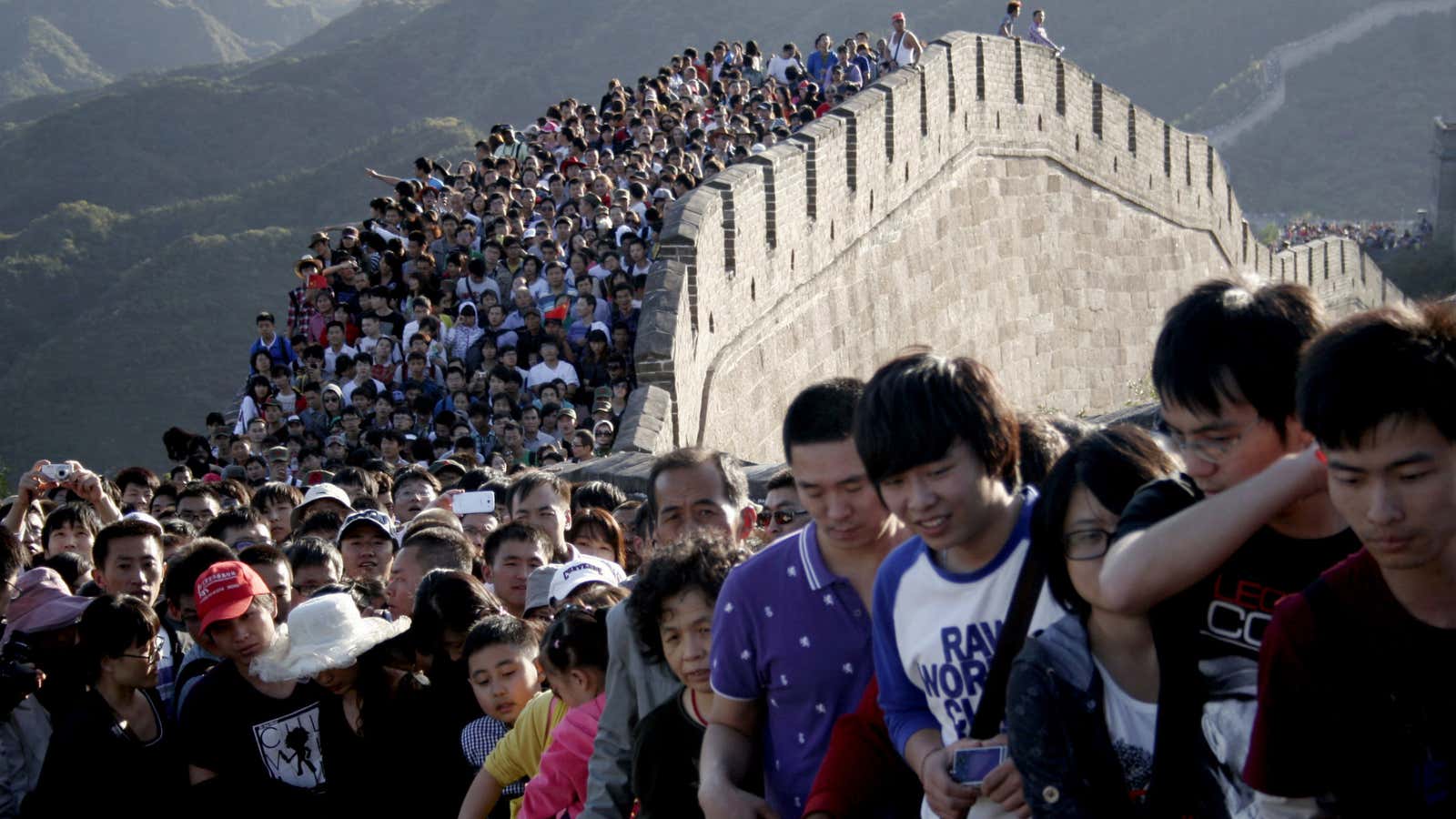China is known to have one of the world’s most restrictive internet regimes, with increasingly sophisticated systems in place to snuff out dissent and suppress discussion of controversial topics.
But Beijing policymakers are beginning to see the internet as more than a walled garden, carefully pruned—it’s a source of invaluable information about how netizens feel about the Communist Party’s slate of reforms. The Washington Post’s Simon Denyer reports that party leaders are now getting real-time summaries of online discussions, and “opinion monitoring centers have sprung up in state-run news organizations and universities to mine and interpret the vast rivers of chatter on the Internet.”
A data-driven approach to politics has long been a hallmark of cutting-edge campaigns in western countries—Barack Obama’s re-election campaign famously employed an all-star technology team to optimize messaging and voter turnout—but it’s a new development in China, where a top-down one-party system didn’t leave any room for actually listening to citizens.
Notably, China is also using another western-style tool for the first time: Political polling firms. Ministries have long had their own opinion research departments, but they often produced results that justified what the ministries were already doing. Now the government has turned to independent third-party firms like Victor Yuan Yue’s Horizon Research Consultancy Group, which is often asked to conduct polls on proposed policy changes.
Just because China is utilizing the tools of modern western politics doesn’t mean that they are embracing its principles—there is little public polling for issues like political reform or foreign policy, the Post reports, because the Communist Party considers those issues to fall under the purview of its leaders, not the people. In the end, there is no small irony in the fact that Chinese policymakers are gleaning governance tips from the internet forums they are also ruthlessly censoring. The only people with unfettered access to the country’s robust online debates are those responsible for squelching them.
